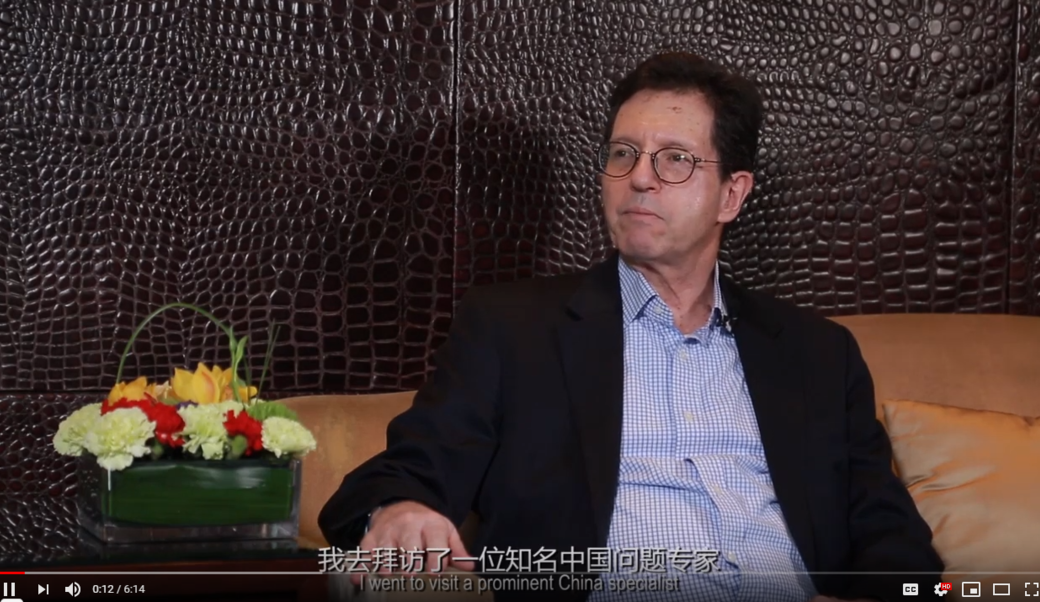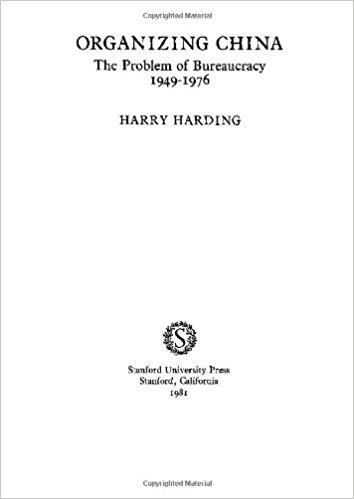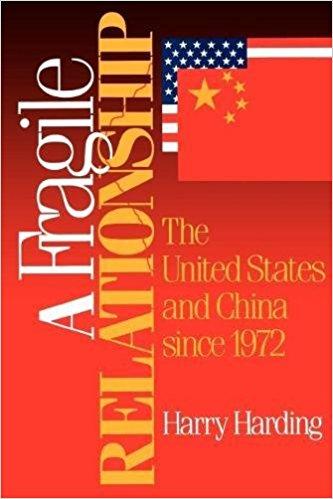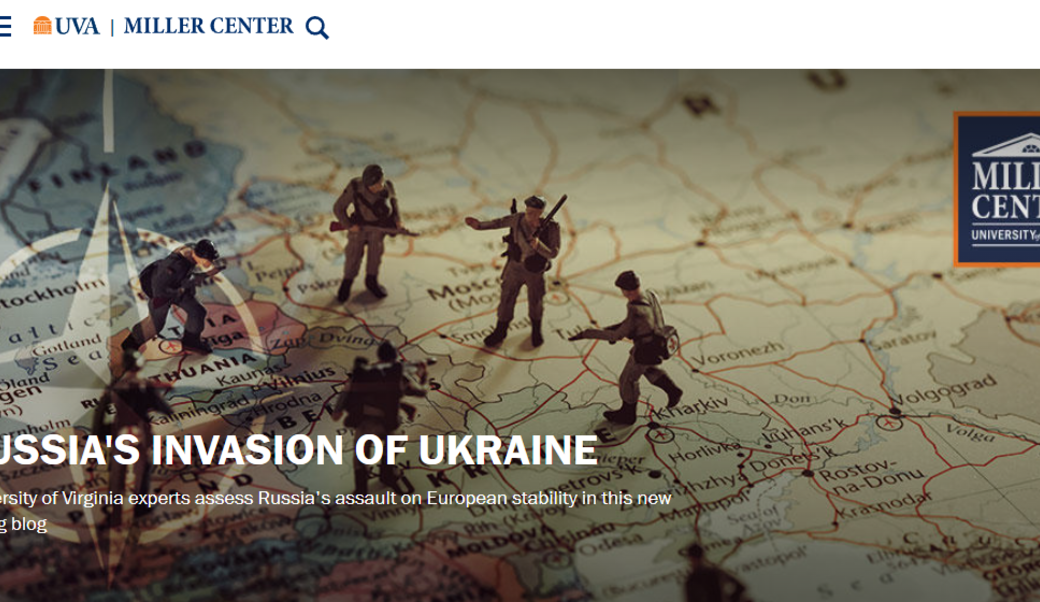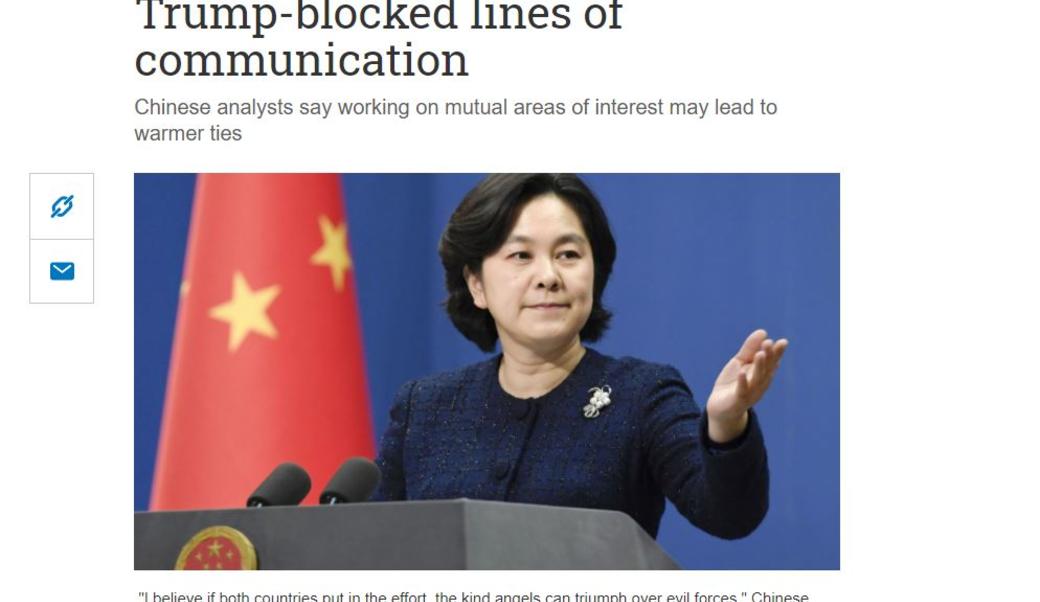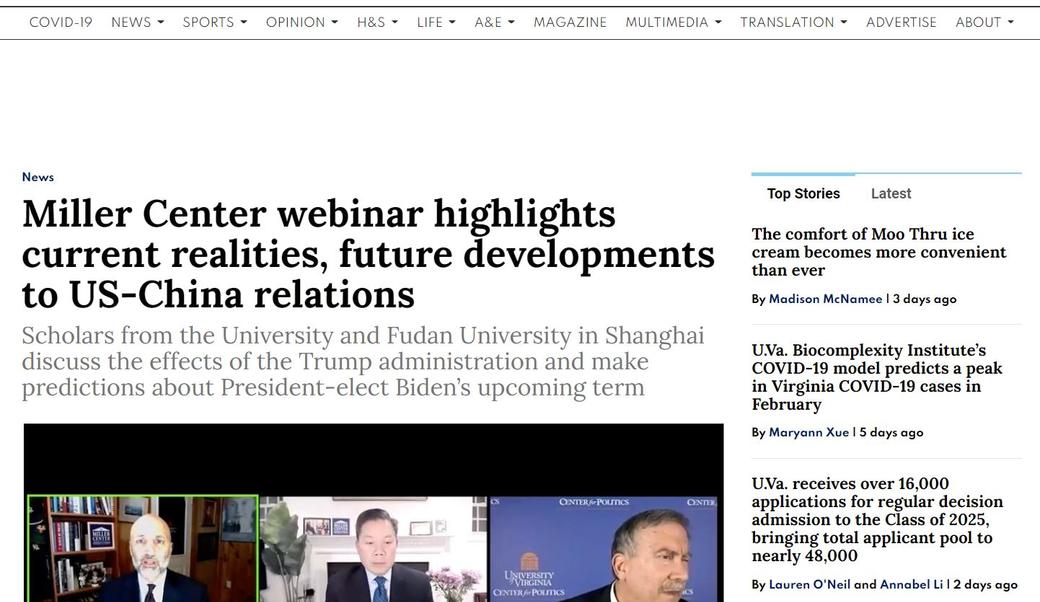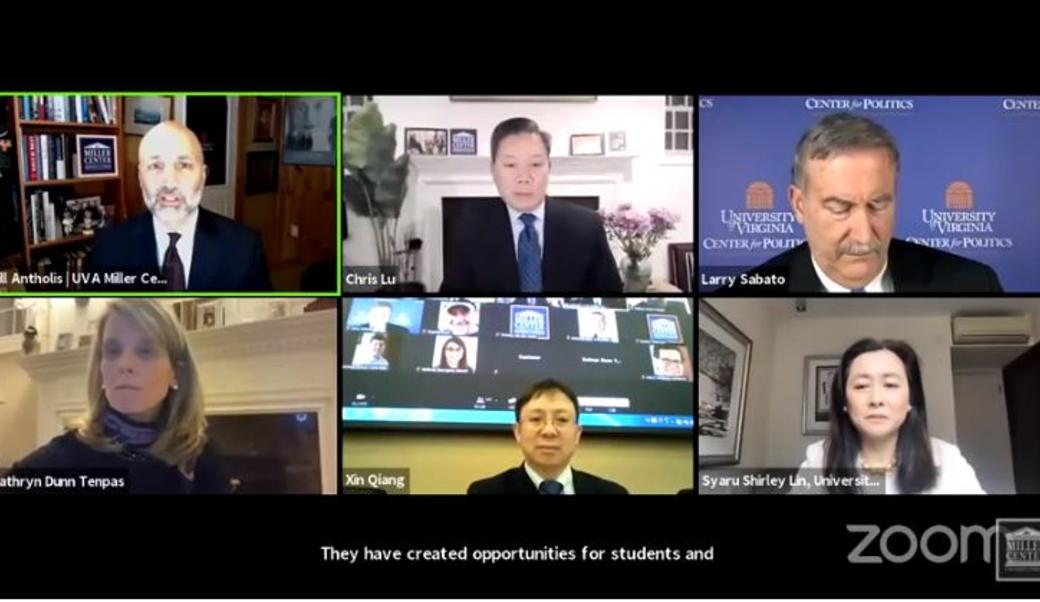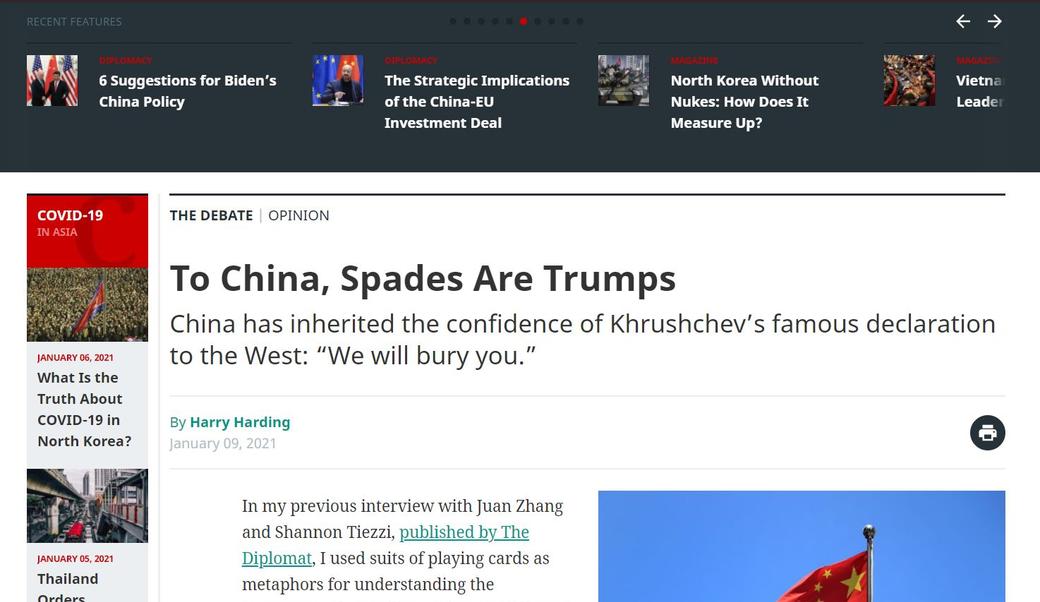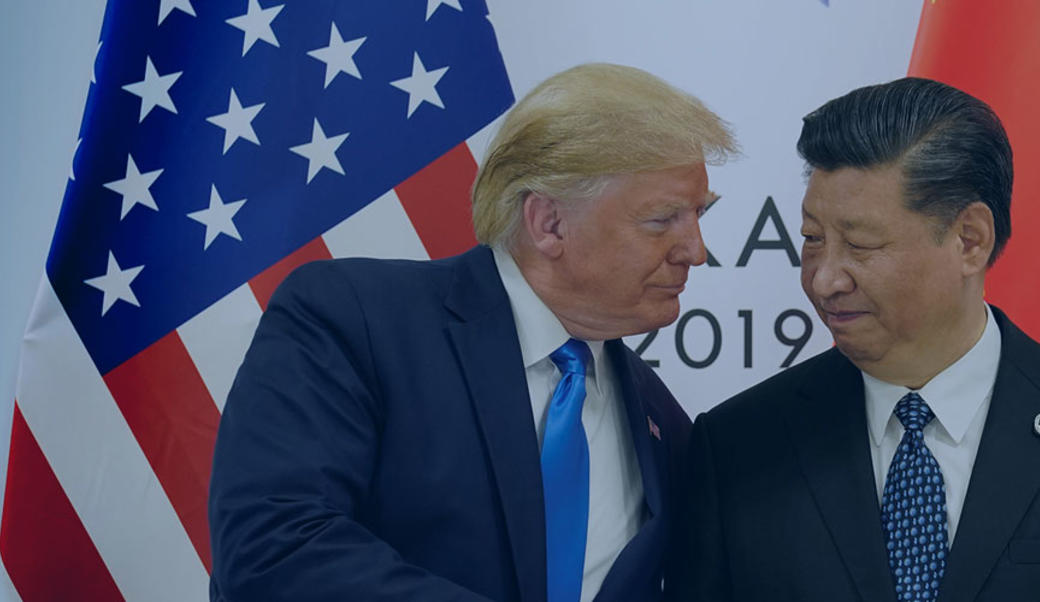Fast Facts
- Specialist on Asia and U.S.-Asian relations
- UVA University Professor Emeritus
- UVA professor of public policy emeritus
- Founding dean of UVA’s Frank Batten School of Leadership and Public Policy
- Expertise on Asia, China, U.S.-China relations, Cultural Revolution
Areas Of Expertise
- Foreign Affairs
- American Defense and Security
- World Happenings
- Asia
- Economic Issues
Harry Harding, faculty senior fellow, is a specialist on Asia and U.S.-Asian relations. His major publications include Organizing China: The Problem of Bureaucracy, 1949-1966; China’s Second Revolution: Reform after Mao; A Fragile Relationship: The United States and China since 1972; and the chapter on the Cultural Revolution in the Cambridge History of China. His edited volumes include China’s Foreign Relations in the 1980s; Sino-American Relations, 1945-1955: A Joint Reassessment of a Critical Decade (co-edited with Yuan Ming); and The India-China Relationship: What the United States Needs to Know (co-edited with Francine R. Frankel).
A University Professor Emeritus and professor of public policy emeritus at the University of Virginia, Harding is also adjunct chair professor in the College of Social Science at National Chengchi University in Taipei, where he holds a Yushan Scholarship, the highest honor awarded by Taiwan’s Ministry of Education. He has recently held visiting appointments at the University of Hong Kong and the Hong Kong University of Science and Technology.
Harding served as the founding dean of UVA’s Frank Batten School of Leadership and Public Policy between 2009 and 2014. Before joining the Batten School, he held faculty appointments at Swarthmore College and Stanford University and was a senior fellow in the Foreign Policy Studies Program at the Brookings Institution. From 1995 to 2005, he was dean of the Elliott School of International Affairs at the George Washington University, and from 2005 to 2007 was director of research and analysis at Eurasia Group, a political risk research and advisory firm based in New York. He has served on the boards of several educational and nonprofit institutions, as well as on the U.S.-China Joint Commission on Science and Technology and the U.S. Defense Policy Board. A graduate of Princeton in public and international affairs, he holds a PhD in political science from Stanford University.
